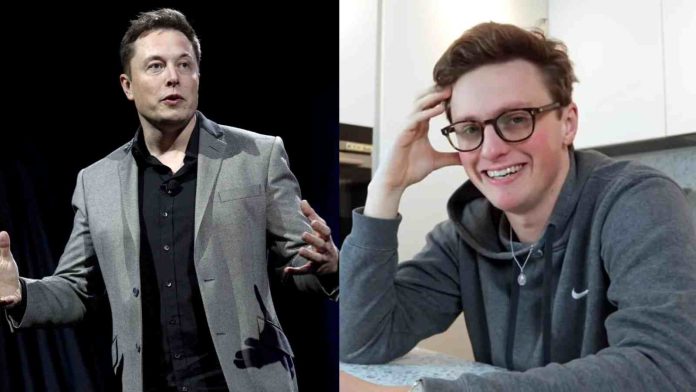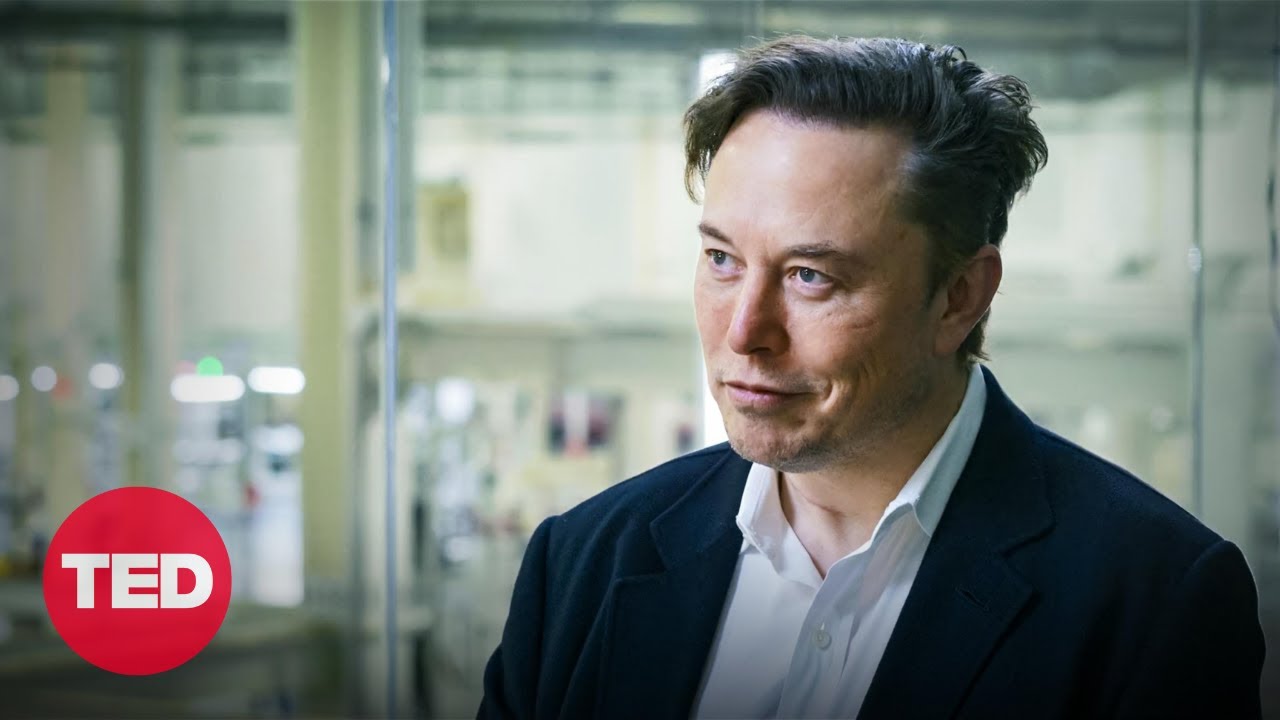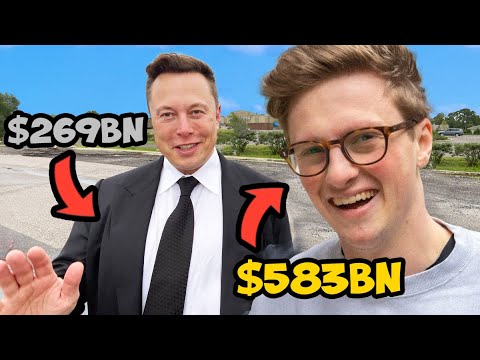Billionaire Elon Musk became the world’s richest man officially this year with a total wealth of $219 billion, surpassing Amazon’s founder Jeff Bezos and a set of other rich industrialists like Bernard Arnault and Bill Gates, etc.
However, earlier this year in February, a UK man named Max Fosh who is a YouTuber by profession, beat the Tesla CEO to become the world’s richest person, with a net worth of more than double that of Musk’s wealth.
YouTuber Max Fosh Dethrones Musk To Become The Richest Man

A British YouTuber named Max Fosh toppled the SpaceX founder to become the world’s richest person earlier this year. But the happiness was short-lived as he only held the title for a mere seven minutes.
The 27-year-old YouTuber had posted a nearly 9-minute video on his official YouTube channel in February titled ‘I Became The World’s Richest Man For 7 Minutes.’
In the viral video, which has around 5 million views to this date, Fosh explained how he became super-rich for seven minutes with a description that read ‘Come at me Elon.’
Fosh said, “If I created and registered a company with 10 billion shares with about unlimited money limited and sold one share for 50 pounds as an investment opportunity, that would legally value my company at 500 billion pounds, technically.”
The YouTuber mentioned that this sum from his company Unlimited Money Limited would make him the richest person on earth, surpassing Elon Musk. But he also noted that he could get accused of ‘fraudulent activities’ which is ‘not good.’
Twitter Gears Up To Fight Legal Battle With Elon Musk

Twitter has hired the US law firm Wachtell, Lipton, Rosen & Katz LLP for backing out of their $44 billion deal to acquire the social media company. The firm will give them access to lawyers like Bill Savitt and Leo Strine, who served as Chancellor of the Delaware Chancery Court where the trial will take place.
According to Musk’s lawyers, the deal was called off because Twitter failed to provide information regarding scam accounts and misinformation on the site.
Musk’s lawyers have claimed that Musk’s analysis had indicated the percentage of false accounts is “wildly higher than 5%” which is much larger than what Twitter disclosed in its financial reports of the deal.







